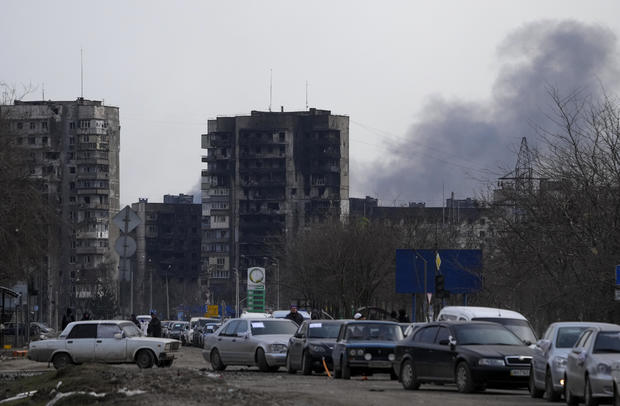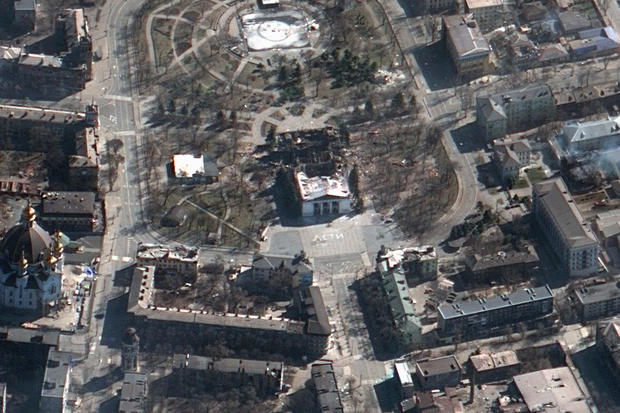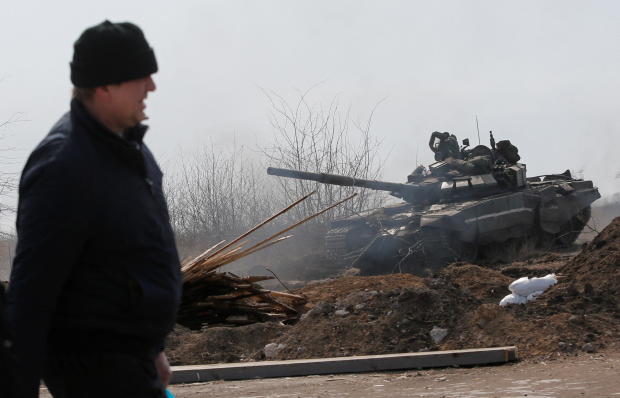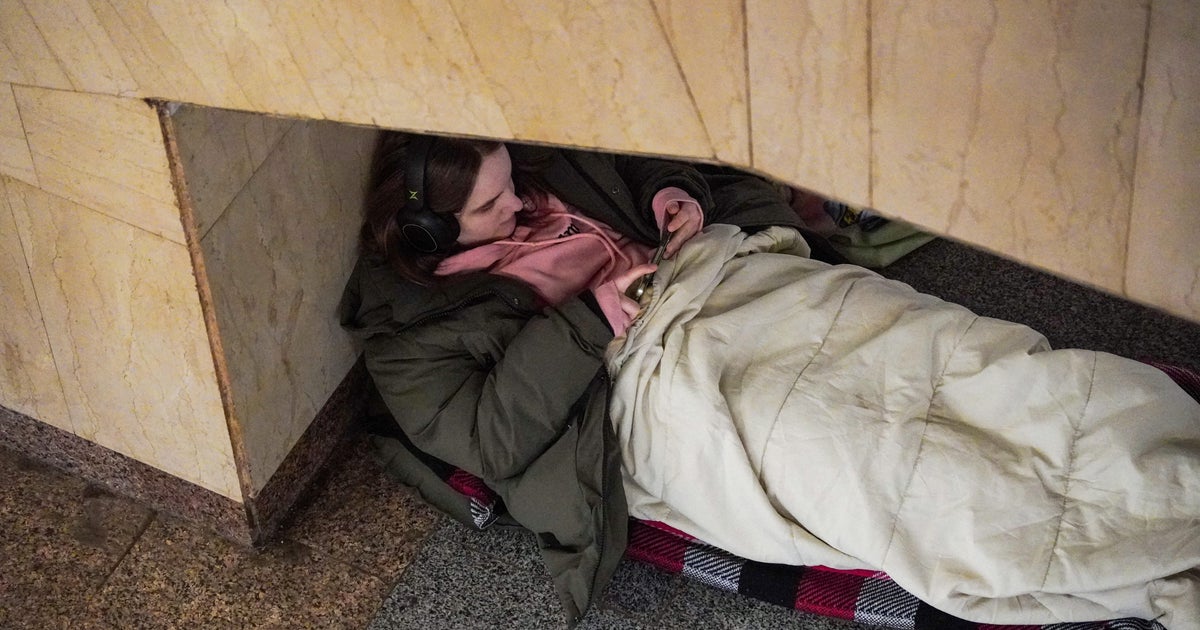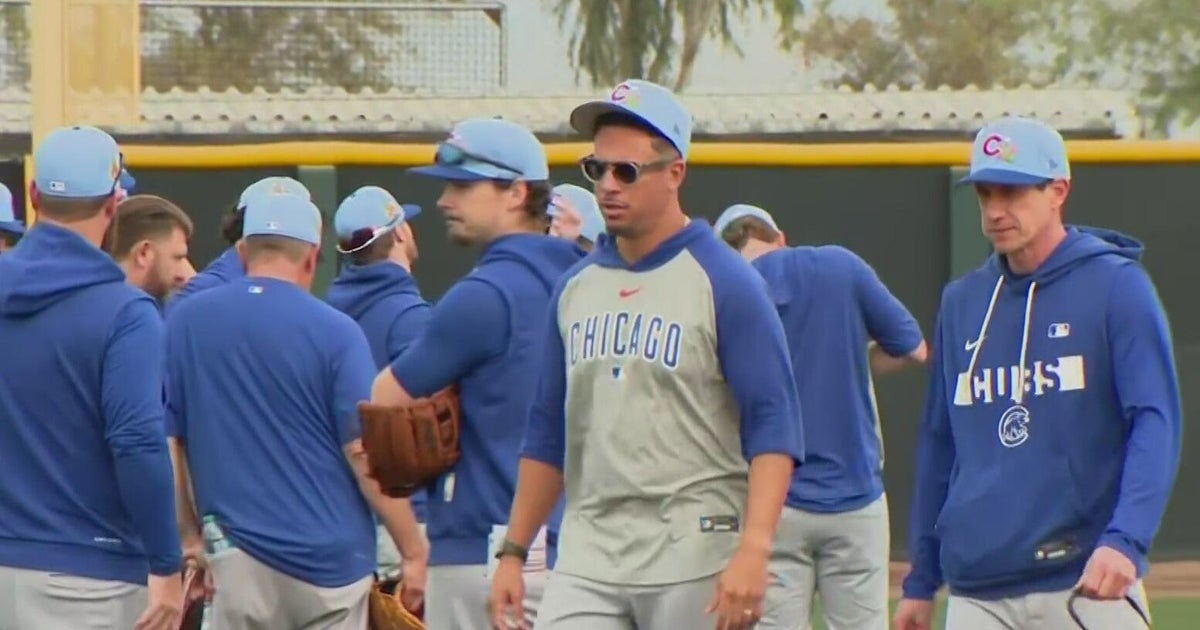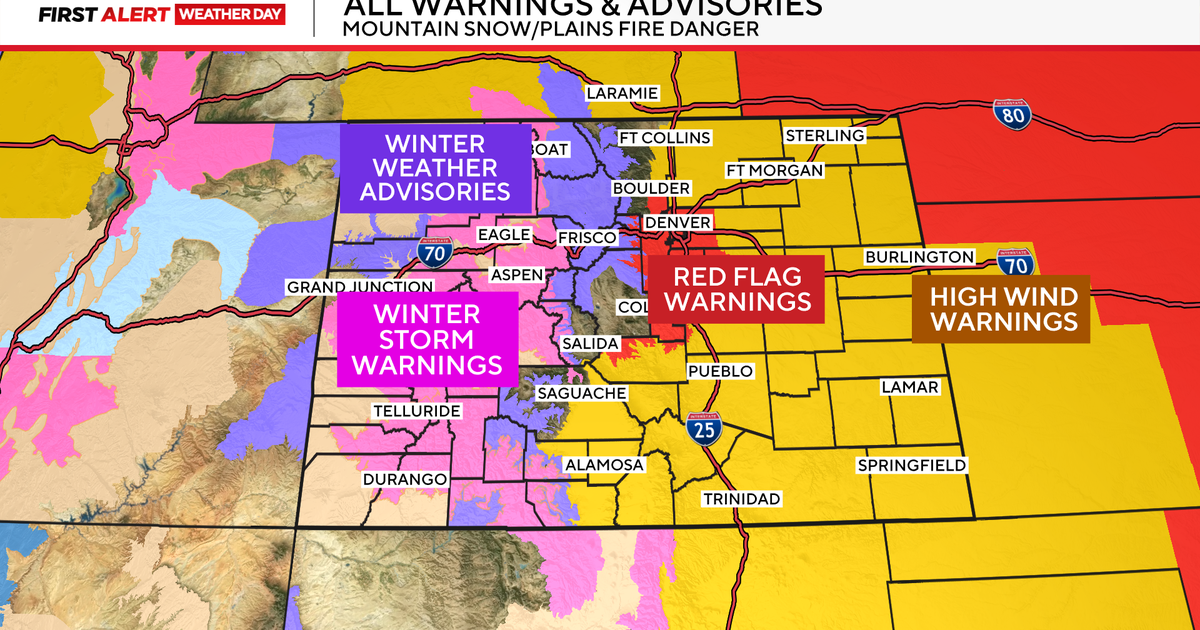Ukraine rejects Russian demand to surrender port city of Mariupol in exchange for safe passage
As it continued its barrage of the besieged city of Mariupol, Russia demanded that Ukrainians put down their arms and raise white flags on Monday in exchange for safe passage out of town. Ukraine angrily rejected the offer, which came hours after officials said Russian forces had bombed an art school in the port city that was sheltering some 400 people.
While the fight for control of the strategically important city remained intense, Western governments and analysts see the broader conflict shifting definitively to a war of attrition.
Russian Col. Gen. Mikhail Mizintsev said his forces would allow two corridors out of Mariupol, heading either east toward Russia or west to other parts of Ukraine. Mariupol residents were given until 5 a.m. Monday to respond to the offer. Russia didn't say what action it would take if it was rejected.
"There can be no talk of any surrender, laying down of arms," Ukrainian Deputy Prime Minister Irina Vereshchuk told the news outlet Ukrainian Pravda, rejecting the ultimatum from Russia. "We have already informed the Russian side about this."
Mariupol Mayor Piotr Andryushchenko also rejected the offer, saying in a Facebook post that he didn't need to wait until morning to respond and cursing at the Russians, according to the news agency Interfax Ukraine.
The Russian Ministry of Defense said authorities in Mariupol could face a military tribunal if they sided with what it described as "bandits," Russian state news agency RIA Novosti reported.
Previous bids to allow residents to evacuate Mariupol and other Ukrainian cities have failed or have been only partially successful, with bombardments continuing as civilians sought to flee.
Speaking in a video address early Monday, Ukraine's President Volodymyr Zelenskyy said about 400 civilians were taking shelter at the art school when it was struck by a Russian bomb.
"They are under the rubble, and we don't know how many of them have survived," he said. "But we know that we will certainly shoot down the pilot who dropped that bomb, like about 100 other such mass murderers whom we already have downed."
Tearful evacuees from the devastated Azov Sea port city have described how "battles took place over every street."
The fall of Mariupol would allow Russian forces in southern and eastern Ukraine to link up. But Western military analysts say that even if the surrounded city is taken, the troops battling a block at a time for control there may be too depleted to help secure Russian breakthroughs on other fronts.
Roman and Svetlana Vodizanska, once a typical middle class family, were bloodied and bruised after traveling with their children for five days to Lviv to escape Mariupol, which Svetlana called hell on Earth.
"Hell is when you don't know if you will be able to take your next breath," she told CBS News Imtiaz Tyab. "Hell is when everything is burning. Not just the buildings, but when the ground is burning."
Svetlana injured her head in a car accident while fleeing Russian strikes, which have completely destroyed their home.
She called on the U.S. and President Biden to give Ukraine weapons.
"Please give us weapons. Give our country even just a small chance to survive," she said. "Please help us."
Three weeks into the invasion, Western governments and analysts see the conflict shifting to a war of attrition, with bogged down Russian forces launching long-range missiles at cities and military bases as Ukrainian forces carry out hit-and-run attacks and seek to sever their supply lines.
Moscow cannot hope to rule the country, Zelenskyy said Monday, given Ukrainians' enmity toward the Russian forces.
The strike on the art school was the second time in less than a week that officials reported an attack on a public building where Mariupol residents had taken shelter. On Wednesday, a bomb hit a theater where more than 1,000 people were believed to be sheltering. Ukrainian officials have not given an update on the search of the theater since Friday, when they said at least 130 people had been rescued and another 1,300 were trapped by rubble.
City officials and aid groups say food, water and electricity have run low in Mariupol and fighting has kept out humanitarian convoys. Communications are severed. The city has been under bombardment for over three weeks and has seen some of the worst horrors of the war. City officials said at least 2,300 people have died, with some buried in mass graves.
Unexpectedly strong Ukrainian resistance has dashed Russian President Vladimir Putin's hopes for a quick victory after he ordered the Feb. 24 invasion of his neighbor. In recent days, Russian forces have entered Mariupol. But taking the city could prove costly.
"The block-by-block fighting in Mariupol itself is costing the Russian military time, initiative, and combat power," the Washington-based Institute for the Study of War said in a briefing. In a blunt assessment, the think tank concluded Russia failed in its initial campaign to take the capital of Kyiv and other major cities quickly.
U.S. Defense Secretary Lloyd Austin said Ukrainian resistance means Putin's "forces on the ground are essentially stalled."
"It's had the effect of him moving his forces into a woodchipper," Austin told CBS News' "Face the Nation" on Sunday.
In Ukraine's major cities, hundreds of men, women and children have been killed in Russian attacks.
Six more people were killed Sunday by shelling in the densely populated Podil district, not far from the center of capital Kyiv , according to AP journalists at the scene. The attack there devastated a shopping center, leaving a flattened ruin still smoldering Monday morning in the midst of high-rise towers. The force of the explosion shattered every window in the high-rise next door and twisted their metal frames.
In the distance, the sound of artillery rang out as firefighters picked their way through the destruction. Kyiv Mayor Vitali Klitschko said Russian shelling hit several houses in Podil.
Russian troops have been shelling Kyiv for a fourth week now and are trying to surround the capital, which had nearly 3 million people before the war.
The U.N. has confirmed 902 civilian deaths in the war but concedes the actual toll is likely much higher. It says nearly 3.4 million people have fled Ukraine. Estimates of Russian deaths vary, but even conservative figures are in the low thousands. The Ukrainian prosecutor general's office says at least 115 children have been killed and 148 injured so far.
Estimates of Russian deaths vary, but even conservative figures are in the low thousands.
Some Russians also have fled their country amid a widespread crackdown on dissent. Russia has arrested thousands of antiwar protesters, muzzled independent media and cut access to social media sites like Facebook and Twitter.
